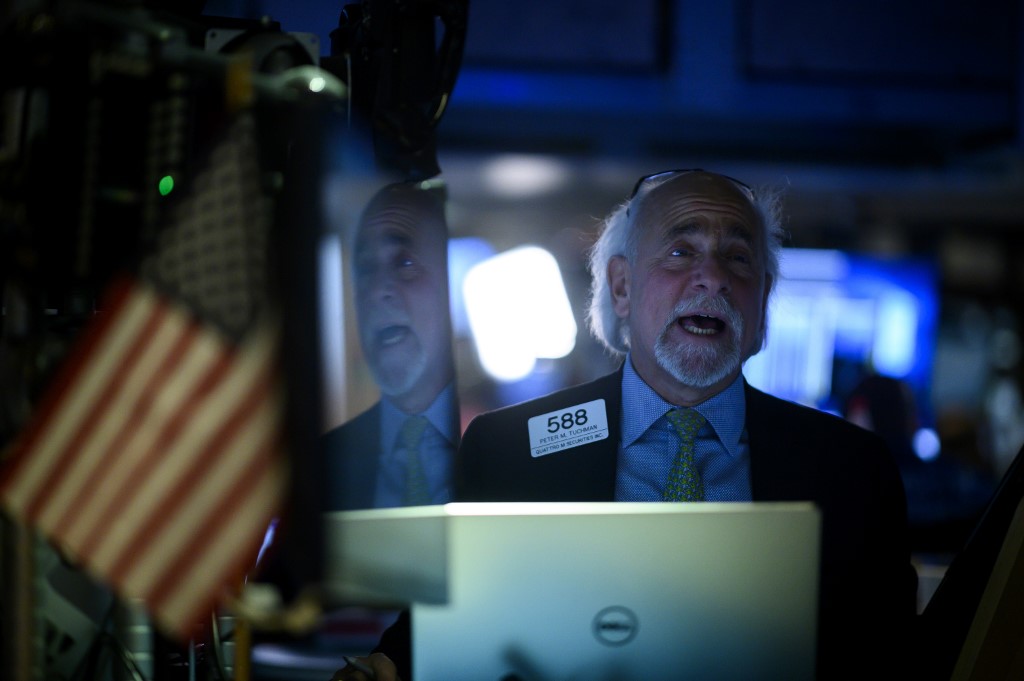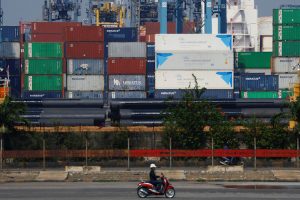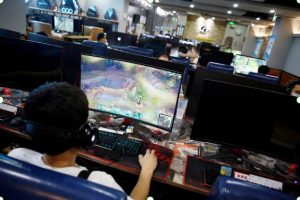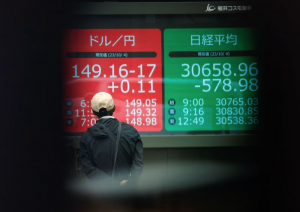Hong Kong: Investors are trickling back into the market amid optimism that US-China tensions will subside as both sides are now saying they will commit to the trade deal despite strains caused by the coronavirus pandemic.
On Thursday US President Donald Trump said he was “watching closely” to see if Beijing would increase its purchases of US goods as agreed under the trade deal, suggesting that China may or may not keep its end of the bargain. Trump has blamed China for the coronavirus and described the pandemic as the “worst attack” ever on the United States, which rattled investors.
Sentiment has improved since then with the Stoxx Europe 600 up 0.6% and the MSCI Asia Pacific ex-Japan index climbing 1%.
Japan’s Nikkei 225 jumped 2.56% and China’s mainland’s stock index, the CSI300 benchmark, advanced 0.99%, as Asia’s two biggest economies reacted to the trade deal report.
‘It will get noisier’
“The US-China axis will likely get noisier as we get into the thick of the US election campaign,” Deutsche Bank economists said in a note. “But irrespective of recent comments, we don’t think either side would find it materially beneficial to renew a full-out tariff war, given the need in both countries to address the damage to employment and incomes that the Covid-19 outbreak has inflicted.”
Hong Kong’s Hang Seng index added 1.04%, Australia’s S&P ASX 200 rose 0.5% and Korea’s Kospi index climbed 0.89%. Indian stocks gave up some gains after Moody’s downgraded its assessment of economic growth in Asia’s third biggest economy.
“The rapid and widening spread of the coronavirus outbreak, deteriorating global economic outlook, falling oil prices, and financial market turmoil are creating a severe and extensive economic and financial shock,” Deutsche Bank said in its note, while lowering its GDP estimate to 0.2% in the 2020 calendar year, down from its previous forecast of 2.5%.
Credit markets were also firm with the Asia IG index 1-1/2 basis point tighter at 117/119. Sovereign CDS moved in by 2-4 bps.
But investors are now bracing for gloomy jobs data which will be unveiled later today when US markets begin trading. A Reuters survey showed the world’s biggest economy lost 22 million jobs in April and the jobless rate surged to 16%.
Layoffs like Great Depression
While there is evidence the tsunami of layoffs is ebbing, the number remains incredibly high – well above even the worst four weeks of the Global Financial Crisis and more comparable to unemployment levels seen during the Great Depression 90 years ago.
This comes at a time when economists and central banks are downgrading their forecasts, emphasising the need for more fiscal and monetary stimulus.
“Our view of prospects for the global economy over the year ahead has turned decidedly gloomier since we last updated it in late March,” the Deutsche Bank economists said in their report on Friday. “In a new baseline projection, we now see global GDP falling 10% in Q2 and remaining well below pre-virus levels through most of next year. This implies a nearly 6% decline in GDP for the year 2020, more than double consensus projections of this year’s drop as of mid April.”
Also on Asia Times Financial
China to scrap financial services foreign investment quotas
China and US commit to trade deal despite virus row
Yihua Group defaults on 1-billion yuan of bonds
Reliance sells $1.5-bn stake in drive to become debt-free
Foreign Exchange: China-US trade policy optimism boosts yuan
Asia Stocks
· Japan’s Nikkei 225 jumped 2.56%
· Australia’s S&P ASX 200 rose 0.5%
· Hong Kong’s Hang Seng index advanced 1.04%
· China’s CSI300 climbed 0.99%
· The MSCI Asia Pacific ex-Japan index added 1%.
Stock of the day
China Literature Ltd rose as much as 8.5% in a weak market even as the online literature platform, owned by Tencent, tries to diffuse compensation-related tensions in the rapidly changing industry.
























